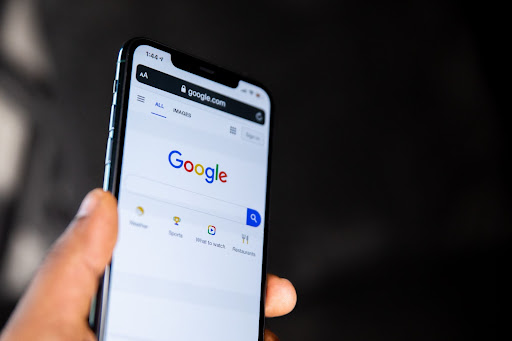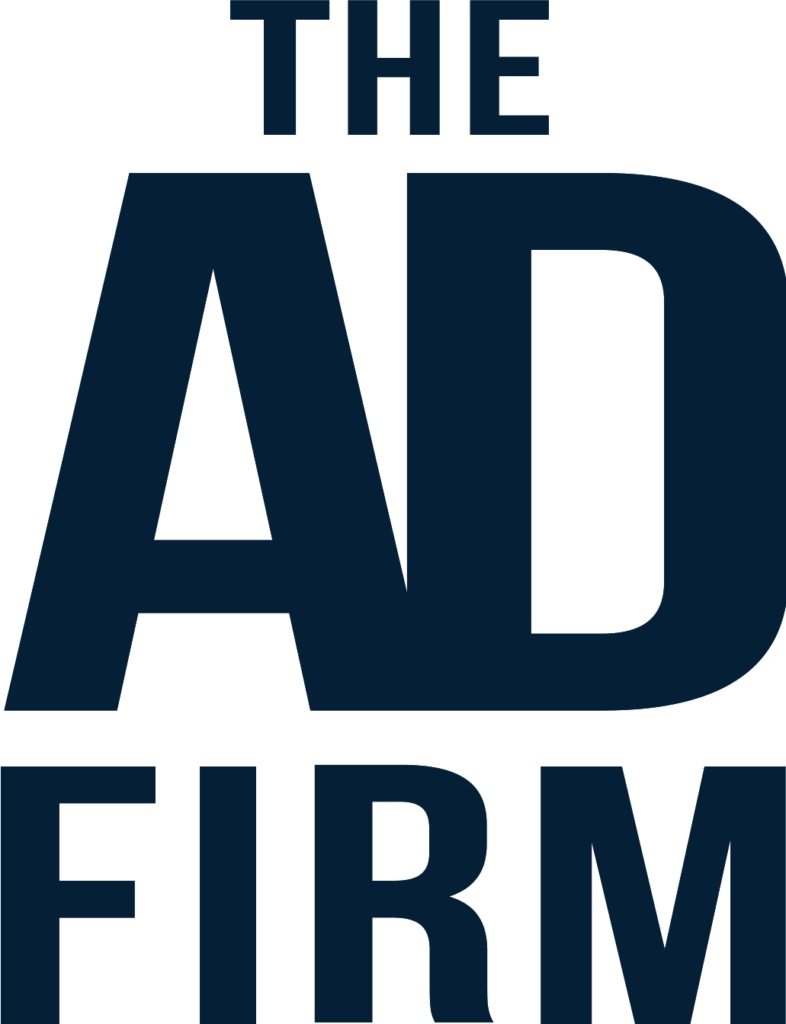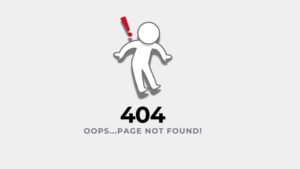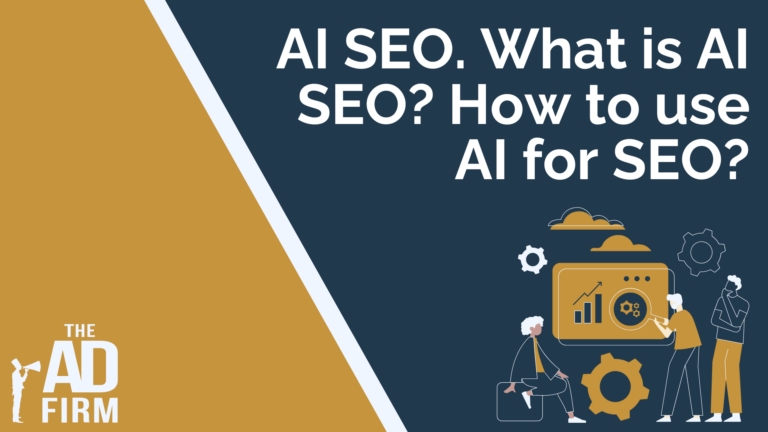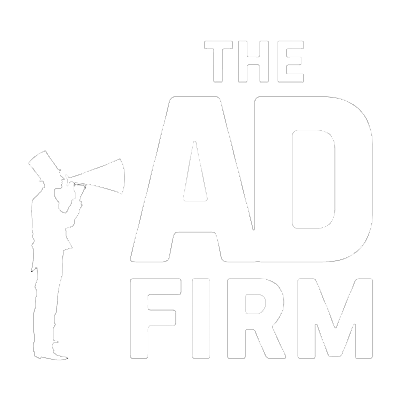As an award-winning PPC advertising firm , we understand the significance of online advertising in today’s digital age and the importance of building trust and transparency between advertisers and online platforms. With the exponential growth of online and digital marketing, businesses must ensure their advertising campaigns comply with industry standards and regulations.
One of the largest online advertising platforms, Google, has implemented an advertiser verification program to enhance accountability and legitimacy. As a PPC advertising firm that stays current with the industry’s latest developments, we utilize data-driven and customized marketing strategies to help businesses while ensuring compliance with Google’s advertising policies. So, what is AIV? And what could it mean for your business?
Essentially, Google’s Advertiser Identity Verification (AIV) is a program that verifies the identity and legitimacy of advertisers before allowing them to run ads on the platform. It aims to protect users from fraudulent ads and ensures that advertisers comply with Google’s advertising policies.
As such, advertisers must provide documentation to verify their identity and business operations. Google then conducts a thorough review process before approval. Let’s find out the steps involved in the verification process, the benefits of being a verified advertiser, and more.
How Google’s AIV Affects Different Users
Google’s Advertiser Identity Verification (AIV) impacts users differently and in various ways. Here’s how:
For Advertisers, Marketers, and Agencies:
Google will verify the identity of advertisers using Google Ads and Display & Video 360, and they will be obligated to provide their legal name and address documentation.
For Consumers:
Google will allow consumers to access ad disclosures through the “Why This Ad” button, indicating the advertiser is responsible for any ad displayed.
Roll Out
Google’s Advertiser Identity Verification (AIV) will roll out in phases over the next few months and years, starting with mandatory verifications for a select group of US advertisers.
It may take a few years to cover all current advertisers globally. Advertisers will be notified when their account(s) will be included in an upcoming phase. Then, an automated email request will be sent to all users added to the account, regardless of their permission level. However, advertisers cannot electively start verification at this time.
Requirements For Google’s AIV
A company is given a maximum of 30 days upon receiving an email to complete the verification process at the individual advertiser level. The requirements cannot be submitted in bulk at the MCC (My Client Center) level.
Advertisers must provide personal identification, business incorporation documents, and other necessary information to prove their identity. Most advertisers will also need to submit tax documents and a government-issued ID or U.S. residence permit.
As for PPC advertising firms or agencies, they may have to collaborate and provide documentation on behalf of their clients.
How Google’s AIV Appears On The SERP
Users will notice a small arrow and explanation in the “Why this ad?” menu that shows the advertiser’s name and location.
Why Is Google’s AIV Being Implemented?
The implementation of verification could enhance users’ trust in advertisements as it facilitates understanding of the advertiser behind each Google ad they encounter. The following are the main motives for the updated identity verification protocol:
- It prevents fraudulent advertisers from falsely representing themselves and their brands.
- It empowers consumers to make more informed decisions by utilizing Ad Settings to personalize their ad experience.
- It increases users’ confidence in ads by simplifying the identification of the advertiser associated with each Google ad.
By implementing these verification requirements, Google is taking massive steps toward building a more trustworthy advertising platform that benefits advertisers and users alike.
How Do Ads Get Verified?
So, what are the factors Google considers to get verified?
-
Confirm Human Traffic
Ads undergo a verification process to ensure that only human traffic is counted towards ad metrics. This preventing advertisers from paying for invalid traffic (IVT) that may originate from non-human sources such as web crawlers or click bots.
IVT artificially inflates the overall traffic, leading to higher costs for the advertiser. Verification involves examining the frequency of queries from a particular source and the associated IP address type. After confirming human traffic, the ad is verified and can be shown to users.
-
Measure The Size And Placement Of The Ad
When running multiple campaigns or creatives simultaneously, advertisers may encounter errors during the purchasing process or malfunctioning of ad tech tools, resulting in ads being displayed in unintended locations.
To address this issue, businesses can utilize automated tools like web crawling to monitor their website and ensure ads are displayed correctly. Alternatively, partnering with a reliable PPC advertising firm can help ensure campaigns meet the business’s goals and objectives.
-
Make Sure The Ad Was Viewable
Viewability is a crucial aspect of digital advertising, as it determines the likelihood of an ad being seen by users. In the advertising industry, an ad is deemed viewable if at least 50% of the pixels appear on the screen for at least one second. However, the standards for viewability are subject to change as technology and user behavior evolve.
Hiring a reputable PPC advertising firm that closely adheres to these guidelines ensures your ads are viewable according to the latest industry standards. Additionally, these firms use advanced technologies and tools to optimize ad placements and improve viewability rates, resulting in increased ROI for your business.
-
Check Whether The Ad Is Displayed On A Safe Platform
Brand safety is a crucial aspect of advertising that ensures ads do not appear alongside undesirable content, which can harm a brand’s reputation.
Advanced technologies, such as image recognition and text scraping, are employed by platforms and ad measurement solutions to detect such content. However, eliminating this risk entirely is impossible, making continuous monitoring for brand safety necessary to ensure that ads are displayed in the right context.
-
Verify The Audience Of The Ad
Audience verification allows advertisers to determine the proportion of their digital ad traffic originating from their intended audience.
Facebook already possesses user demographic data, while Google utilizes cookies to establish audience segments. These platforms can target specific audiences and report the percentage of traffic that was successfully displayed to the target audience.
Moreover, third-party companies and PPC advertising firms develop online panels to verify whether an ad reaches the intended audience. These measurements, however, can only partially be accurate, as online users can always delete their cookies or surf the web in incognito mode.
Nevertheless, an approximate measurement can still benefit major advertisers, justifying the cost of the services provided by a PPC advertising firm.
Conclusion
The implementation of Google’s AIV represents a significant improvement for legitimate advertisers seeking to direct traffic to a verified website. However, given the dynamic nature of Google’s algorithms and policies, it is highly recommended to seek the services of a reputable PPC advertising firm. These firms can guide advertisers through the verification process, expedite the necessary steps, and ensure their accounts are not suspended due to policy violations.
By monitoring ad campaigns and preventing violations, PPC advertising firms can help companies comply with Google’s advertising policies. Additionally, leveraging the expertise of a PPC advertising firm can optimize your campaigns and maximize your return on investment.
At The Ad Firm, we offer a wide range of PPC management services to help organizations establish a solid online presence and drive traffic to their website. Our customized PPC management agreements are tailored to meet each client’s unique needs, and we employ data-driven and customized strategies in all of our marketing efforts. For more information on our PPC services, contact us today!

